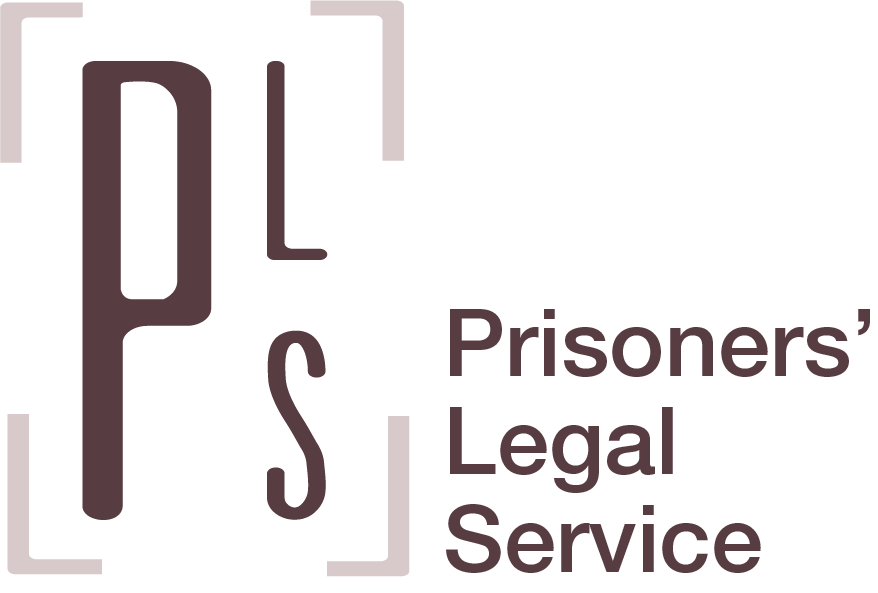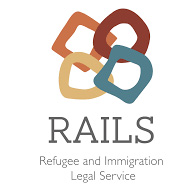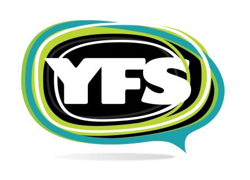Legal clinics
We partner with a wide range of community legal centres to offer you one of the most diverse clinical legal education programs in Australia. Each clinic offers you the opportunity to work in a social justice setting for academic credit through the elective law course, LAWS5180 Clinical Legal Education.
During your clinical placement, you will spend one day per week during semester undertaking legal work under the close supervision of experienced lawyers.
You must apply for a place in the Clinical Legal Education Program for the next semester.
Successful applicants will not be able to enrol in LAWS5180 until they have been permission listed in SI-net. Students will be notified whether they have been successful and that they have been permission listed by 9am 11 February 2026.
The due date to enrol is 13 February 2026.
The majority of clinics will only take undergraduates that have completed at least sixteen (16) units of LAWS courses, however, there are clinics that may take third year students. There is no minimum GPA required to participate in LAWS5180. Priority is given to students who are soon to graduate, and who demonstrate a genuine interest in social justice (including through participation in UQ Pro Bono Centre projects).
This page is for our semester-based clinical program. If you would like to read about our regional clinical program, please click here.
1. Clinics
The UQ Pro Bono Centre organises placement for the student at one of the clinics listed below. Students do not organise their own placement, but are asked to preference their desired clinics on application. Most students get their first or second preference.
Click here for detailed information about each clinic (UQ login required)
Caxton Legal Centre
![]()
Consumer law advice clinic | Caxton Legal Centre website
This is a casework only clinic with heavy client contact. Students take instructions and provide advice and assistance
on consumer and consumer credit matters to clients on the telephone and in person. Preference will be given to students who have studied commercial law or who have a demonstrated interest in the law of consumer protection.
6 students work on Fridays.
 Prisoners Legal Service
Prisoners Legal Service
Prison law and deaths in custody clinic | PLS website
Students assist with advice and casework relating to prison law, in particular assisting clients with legal issues relating to prison conditions and parole decisions. Student also contribute to the Deaths in Custody caselaw database (www.deaths-in-custody.project.uq.edu.au) and conduct other research activities related to deaths in custody. Student must have successfully completed Administrative Law. Human Rights Law would be a significant advantage. Students may visit prisons as part of this clinical placement which would require completing a criminal history check.
3 students work on Tuesdays.
PLS will conduct informal interviews with selected students for both clinics prior to commencement to determine suitability.
 Environmental Defenders Office Ltd
Environmental Defenders Office Ltd
Environmental law research clinic | EDO website
Students may undertake casework, environmental law reform, policy work and research. Preference is given to students who have completed courses in environmental and/or planning law and who have a demonstrated commitment to environmental issues. In the past clinic students have also had the opportunity to be involved in environmental litigation work however this will depend on the activities of the EDO in Semester 1, 2023.
3 students work on Tuesdays.
 Tenants Queensland
Tenants Queensland
Tenancy law clinic | TQ website
This clinic is a primarily casework-focused clinic, where students take instructions and provide advice to tenants about their rights under Queensland residential tenancy law. The majority of legal advice and information is provided by telephone, however some client work is face-to-face.
4 students work on Wednesdays.
Refugee and Immigration Legal Service
 Refugee and immigration law clinic | RAILS website
Refugee and immigration law clinic | RAILS website
In this clinic, students work with lawyers undertaking immigration related casework including for people on onshore protection visas, and people on temporary visas who have experienced family violence. Preference will be given to students who have studied Immigration & Refugee Law, or who have a demonstrated interest in this area.
6 students on Thursdays.
YFS | Legal
 Culturally safe criminal law practice | Logan YFS website
Culturally safe criminal law practice | Logan YFS website
In this clinic, students will learn about culturally safe practice in criminal law. This unique clinic provides students with an opportunity to engage more deeply in the issues facing Aboriginal and Torres Strait Islander peoples interacting with the criminal justice system and to develop an appreciation for the important work of Indigenous practitioners across the legal system. The first six weeks of placement focus on developing an understanding of the Youth Justice system, particularly surrounding the injustices faced by Aboriginal and Torres Strait Islander young people, while the last six weeks of the clinic see students undertaking practical exercises such as writing submissions and preparing cases for prosecution and defence.
Students must hold a valid Blue Card to commence work at this clinic. (YFS can assist with this application, which needs to be lodged at least 3 weeks prior to commencing).
3 students work on Tuesdays.
YFS | Legal
Generalist legal tasks clinic | Legal YFS website
This clinic, also known as the 'form filling clinic', focuses on improving access to justice for the Logan community. Students will undertake a variety of legal tasks under supervision of a lawyer including preparing Peace and Good Behaviour Order applications, Domestic and Family Violence Order applications and variations, Divorce applications, QCAT applications, letters of demand, Victims Assist applications and applications for a grant of Legal Aid.
Student will have direct phone and face-to-face contact with clients. They may also be asked to help with legal research and the preparation of legal advice.
Students must hold a valid Blue Card to commence work at this clinic. (YFS can assist with this application, which needs to be lodged at least 3 weeks prior to commencing).
4 students work on Thursdays.
LawRight I Mater
Mater Young Adult Health Centre I LawRight website
The Mater Young Adult Health Centre Clinic will not run in Semester 1 2026.
LawRight I Homelessness Law
Homelessness Law I LawRight website
Homelessness Law adopts a multidisciplinary, outreach based service model to 
provide trauma-informed legal representation to people facing homelessness, with a focus on our key priority cohorts including women and their families experiencing violence, children and young people, and people in or exiting prison. Homelessness Law prevents and ends homelessness by resolving legal issues connected to a person's housing, money, and experience of violence.
Under the supervision of staff lawyers, students will be given opportunities to support direct client work, deliver outreach legal services at frontline community agencies, and engage in law reform and policy research relevant to LawRight's client services and systemic advocacy priorities.
6 students work on Tuesdays.
Overseas opportunity
Through the elective law course LAWS5233 Transnational Perspectives in Law, students have the opportunity to engage in inter-jurisdictional learning in different parts of the world.
New Columbo Plan grants are available for a limited number of law students to undertake LAWS5233 internships.
